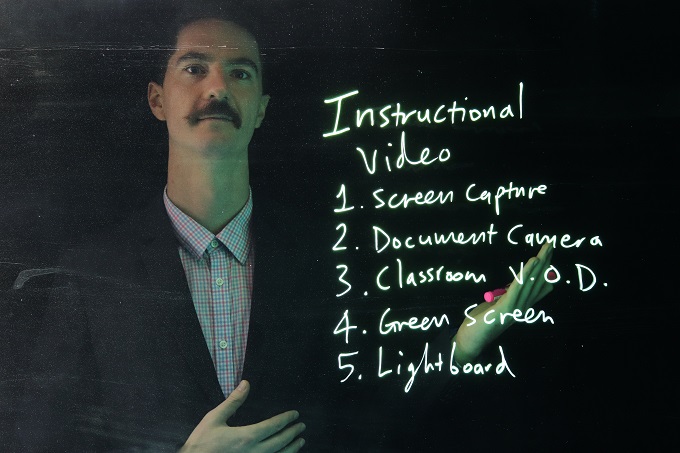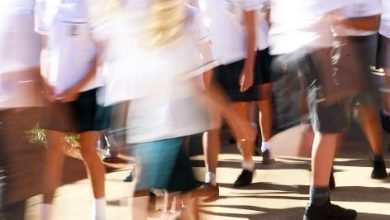Ground-breaking program helps principals flourish

In 2016, the NSW Primary Principals Association’s (NSWPPA) conducted a well-being survey of principals and other school leaders.
What it found was that a significant number of school principals are not coping with the pressures of the job – an issue also reflected in the national Principal Health and Well-being Survey, which was released in February.
This prompted the creation of the Flourish Project – a research-based initiative created by Dr Adam Fraser and school principal Bob Willetts – designed to reduce burnout and boost efficiency for principals across NSW.
The Flourish Project began as a collaboration between Fraser, Deakin University Business School and The Shoalhaven Primary Principals’ Council, based on the NSW south coast.
The program encompasses three phases; the research phase, the intervention phase and the re-testing phase, all of which are designed to help participants understand and overcome the issues affecting them the most.
To give the project a research component, Willetts approached Dr Kylie Lipscome from the University of Wollongong, while Fraser approached Dr John Molineux from Deakin University.
Deakin University was selected due to it having a research methodology in place from a previous project with HR Managers, which Fraser and Willetts felt suited the Flourish Project well.
The project brings principals together just once a term while providing behaviour change support in between. This helps school leaders implement what they learned in the workshops – and it has shown outstanding results.
Six months after participating in the program, Willetts said he and Fraser have received a significant amount of positive feedback from principals who said the program helped them beyond their expectations.
“The work with Deakin University contextualises the research for the individuals in the project, and also for the project team,” said Willetts.
“We were seeking to find efficiencies and improvements in the workflow to allow principals to spend time in the places they wanted to spend time, so they could have a real impact on student outcomes.”
Principals more relaxed and productive
One principal who participated in the workshop said that after participating in the program, his outlook at work had become more positive.
“I’m now in a better headspace when I’m at work because I’m more relaxed and productive,” he said.
Another participating principal said her attitude and belief in herself had changed significantly, giving her a kind of confidence and drive she had lacked previously.
“I’ve seen that by doing some of the small things [taught in the workshops], a significant difference can be made to my day.”
Willetts said the most powerful aspects of the program were rigour around specific action plans, a model with emotional engagement and the buddy system, which allows principals to hold one another to account.
He said another factor that allows the program to work so well is collegial support.
“This involves having experienced people, as well as new principals, share strategies that have been successful for them,” he explained.
“The way that people have openly shared their vulnerabilities has allowed significant growth throughout the whole project.”
Willetts said while the project is about principal well-being, it’s ultimately about driving improved student well-being and outcomes.
“As school leaders, principals have a key position for setting the cultural tone in the school. If you have a positive culture and a strong sense of well-being throughout the school, this will improve student outcomes in the end,” he said.
The NSWPPA executive has committed additional funding to support the next phase of the project and is working with Fraser to coordinate a strategic release of the project across NSW.
The post project research will be completed in Term 4, 2017.







